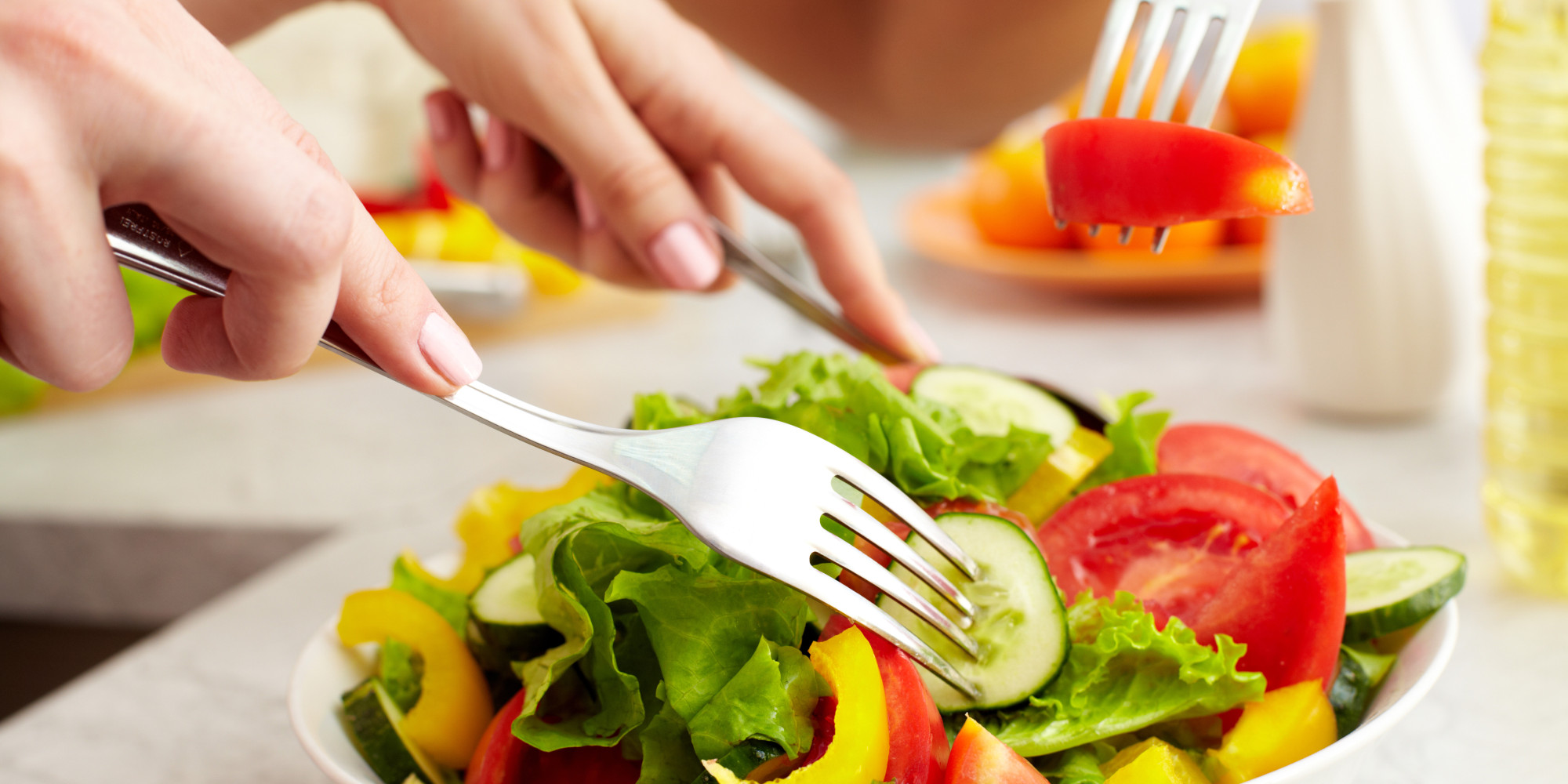
18 Amazing Foods for Longevity
One of your most basic health principles is to eat real food. This will radically reduce your exposure to the tens of thousands of chemicals added to processed foods, most of which are not even on the label.
Many are still under the illusion that whole grains are good for you, but while this may have held true for your grandparent's generation, it's not true today. The thing that people tend to forget is that virtually all grain products you buy today have gone through industrial processing.
January 4, 2016 | Source: Mercola | by Dr. Mercola
One of your most basic health principles is to eat real food. This will radically reduce your exposure to the tens of thousands of chemicals added to processed foods, most of which are not even on the label.
Many are still under the illusion that whole grains are good for you, but while this may have held true for your grandparent’s generation, it’s not true today. The thing that people tend to forget is that virtually all grain products you buy today have gone through industrial processing.
Grains have also been altered through time, and growing methods differ significantly from even a generation or two ago. We also prepare grains differently these days.
Sprouted whole organic grains may be the lone exception to my recommendation to avoid grains, but all those whole grain loaves of bread, whole grain pastas, and whole grain cereals — they’re actually processed foods, and are best replaced.
You can read more about these issues in Authority Nutrition’s article,1 “Modern Wheat – Old Diet Staple Turned into a Modern Health Nightmare.” That said, even among whole foods, some stand out as VIPs above others.
Health.com2 recently published a list of 18 foods packed with health-promoting compounds like antioxidants, vitamins, and minerals known to play a role in longevity.
With the exception of whole grains and beans, I largely agree with their selection, which I’ve added to here.
Four Beverages That Promote Longevity
Basic of basics: drink plenty of pure water. I believe the single most powerful intervention you can make for your health would be to stop drinking sodas and juices, and replace them with pure water.
Staying well-hydrated can also counteract many common ills, from minimizing wrinkles to reducing your risk for blood clots. Severe dehydration has even been shown to reduce your cognitive function and performance to a similar degree as alcohol, making you more prone to car accidents and other mishaps.
Certain types of tea and coffee can also have health-promoting benefits. Green tea, for example, has been shown to lower your risk of heart disease and cancer3 when consumed at least three times a week.
Drinking four to five cups of green tea daily has also been shown to promote weight loss. Participants who drank this amount of green tea for four months lost an average of two pounds more than those who didn’t drink green tea.
Coffee — while it could do more harm than good if consumed in excess or with added sugar, artificial sweeteners, milk, or creamers — also has an impressive list of redeeming qualities, including longevity.4
Research suggests coffee can lower your risk for type 2 diabetes, Parkinson’s disease, dementia, stroke, and certain cancers. It also helps increase the metabolic activity and/or numbers of beneficial Bifidobacteria in your gastrointestinal tract.
The caveat here is to make sure your coffee is organic, as conventional coffee tends to be heavily sprayed with pesticides. Ideally use whole-bean black coffee — the darker the roast, the better. Roasted coffees are higher in neuroprotective agents than green (unroasted) coffees.
One study5 found that dark roast coffee restored blood levels of the antioxidants vitamin E and glutathione more effectively than light roast coffee. The dark roast also led to a significant body weight reduction in pre-obese volunteers, whereas the lighter roast did not.
Another beverage that can do harm or good depending on the quantity and quality is red wine, which has been linked to health benefits such as reduced blood pressure, cancer prevention, and anti-aging.
